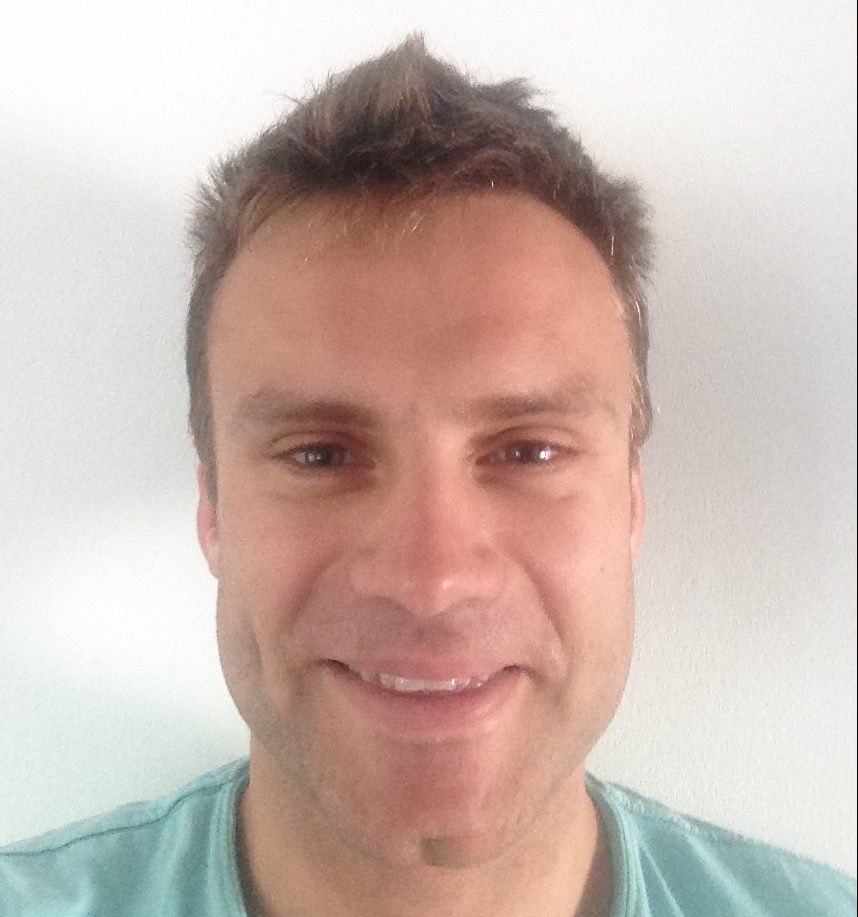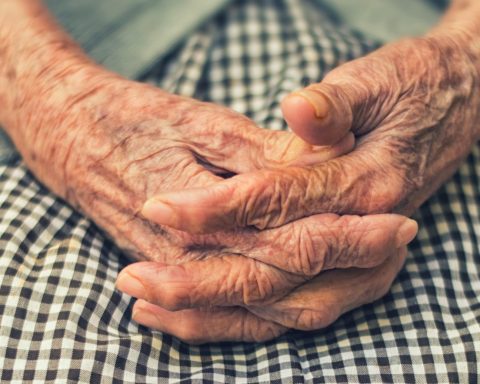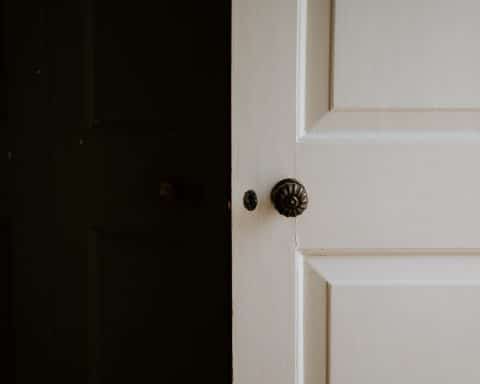 It is a Sunday evening. I look across at my GP ST1 wife and see her feverishly tapping the keyboard. I enquire what she is doing. “I have to do a couple of reflections, I’ve only done one this week.”
It is a Sunday evening. I look across at my GP ST1 wife and see her feverishly tapping the keyboard. I enquire what she is doing. “I have to do a couple of reflections, I’ve only done one this week.”
Reflection has become a major part of trainees and GPs’ lives alike. Most follow tried and tested models such as Gibbs1, to look back on an experience, challenge one’s own performance or thinking and see if this has led to learn new things or perhaps shape the way one behaves in the future. Sometimes, it may involve a patient whom has made a complaint, or an error you have made, or a system has failed and just like with the aviation industry that encourages transparency, can provide a platform with which to voice your thoughts and feelings.
As a guide, you are expected to do two reflections a week as a GP trainee. This helps form the basis of evidence to demonstrate competence in a certain curriculum area. So there lies another quandary – you may feel competent in an area but unless you have recounted an experience that demonstrates this adequately you will not pass. Recently, a reflection by a doctor was used by the prosecution in court against them.2. Since then, there have been numerous press releases by governing bodies, including Health Education England that have tried to reassure trainees that reflection is here to stay and as long as patient identifiable data is removed, will continue for the foreseeable future.
This case has now exposed prescriptive reflection for what it is – a cheap way of monitoring and ensuring training is completed. If one cannot be completely open and honest without the threat of it being used against you, then the result is not true reflective practice. If writers are not expressing their innermost thoughts and challenging themselves completely open and honestly, then they are providing just the right mix of intrigue to satisfy the college but without really engaging in the process. It becomes merely a tick box exercise – “I have been told I should reflect, I don’t want to be too honest and I have been given an arbitrary figure of two reflections per week so I better complete them.” This is just as bad as making a reflection up to fit into a curriculum box and both would contradict the GMC recommendation, “being open and honest”.
So is it time to move away from this model? Can reflection simply be spontaneous? My parents, both retired doctors, and their friends find it laughable that so much of our time is taken up by reflection. They were brilliant doctors and yet their personal learning wasn’t filled up with recounting their experiences on paper. Their reflection came in different formats. Sitting with a glass of wine and discussing your day either to a medical or a non medical friend or relative is valid reflection. It gives the opportunity to voice out loud one’s feelings and evaluate what you think you did well or could do better. The listeners can offer their own insights based on their experiences.
Some experiences may affect you so much, that they are good discussion points with which to base tutorials on with supervisors without the need for committing it to paper. If people find it useful to write down their experiences, they could keep a diary. There is a very real risk that training is shaping doctors to all conform to the same mould and dissuading really intelligent and reflective doctors into embarking on a career that requires them to complete these exercises.
No one has been able to tell me why reflection has such recent success and emphasis, or where its popularity came from. I want to be a brilliant GP who makes a real difference to my patients but I am worried my time will be focussed on completing these reflections in place of learning and keeping myself up to date. We have been advised to just embrace it – something my wife is struggling to do on her Sunday evening off. In a world of evidence based practice, where is the evidence that reflections are making us better doctors?
So what in place of prescriptive reflection I hear you ask? Well, I don’t have the answer to that question, but I need to finish my second reflection for the week so I’ll try and tackle it then – this is portfolio gold.
References
1. Gibbs G. 1988. Learning by Doing. Oxford.
2. King AM. Trainee’s portfolio ‘used as evidence against them’ in legal case. Pulse. Apr 2016








Dear Dr Schwarz,
You may not remember me, but I was your “mum”, while you were a Gap Student in Fiji! Please make contact with me, either via Instagram or email: suziefiji@hotmail.com